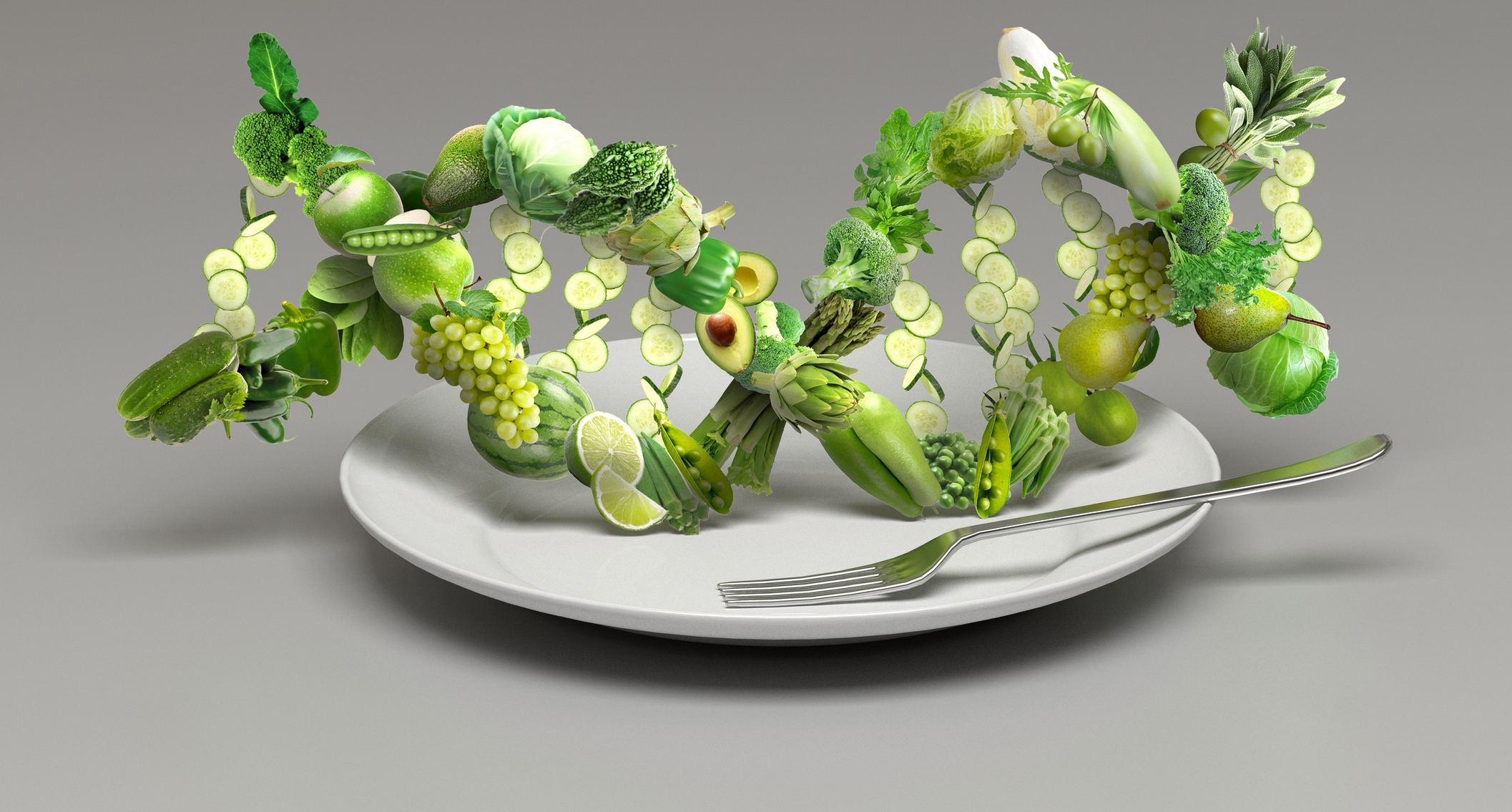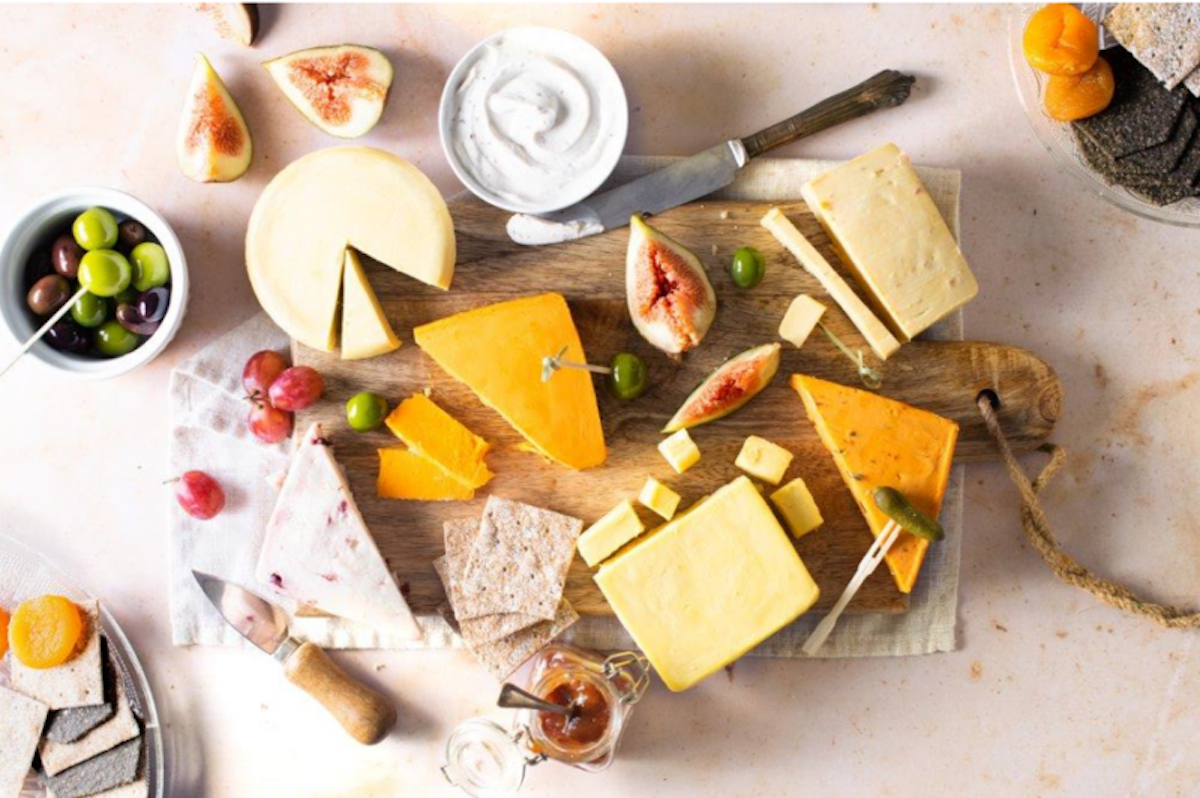6 plant-based trends and innovations we’ve seen so far in 2023

At the beginning of the year we brought you the biggest plant-based trends for 2023, but what’s been happening in the industry since January, what are the areas being developed, and which innovations are gaining momentum? We find out.
Plant-based fats

The Vegan Butcher NoBacon 2.0
The Vegan Butcher NoBacon 2.0
Plenty of R&D is going into plant-based fats that deliver succulence. As highlighted by Aoife Marie Murphy PhD, Sustainable Nutrition Manager at global ingredients, taste and nutrition company Kerry during her keynote speech at Food Matters Live’s Inspiring Nutrition event in May, one of the key trends of the year is healthy plant-based fats that deliver a satisfying mouthfeel.
Unilever has recently announced that their plant-based meat brand The Vegetarian Butcher has created the new NoBacon 2.0, a vegan bacon said to be exceedingly similar to its animal-derived counterpart. The product has been created using new patented technology, and the ‘secret ingredient’ that makes it so similar to pork bacon is plant fats.
The added oil droplets increase fat release by 20 times, making this vegan bacon crispier and juicier. Thanks to the extra lipids, this meat analogue needs no fat added to the pan when cooked.
There are also a number of start-ups, such as Melt&Marble, using precision fermentation to create animal-free fats for the plant-based industry, so new technology and research and development are fast improving the flavour and health profile of fats in meat analogues.
Crop alternatives to soy

Lupine is one of crops that could replace soya in plant-based applications
Lupine is one of crops that could replace soya in plant-based applications
Nearly 80% of soy is produced for livestock feed, while around 20% is made for human consumption, in the form of oil, tempeh, tofu, plant-based milk, lecithin, protein powder and flour. Whilst soy has a good nutritional profile and is versatile, it’s not the most sustainable crop, and is associated with deforestation, in particular in Mato Grosso, the largest soy producing area in Brazil, which is the biggest producer and exporter of the ingredient in the world.
Whilst reduction of meat consumption would equate to less livestock feed, humans’ taste for beef and pork shows no sign of decreasing. However, much investment and research is going into more sustainable crops that could replace soy in plant-based applications. In the UK funding has been allocated to further develop and research pea protein, amaranth and lupin, and companies such as potato producer Branston are looking at sourcing protein from the tuber, whilst cabbage farmers Naylor Farms are concentrating on brassica.
Mycoprotein is also a huge area of focus, and whilst not new – Quorn first launched its mycoprotein-based products in the mid 80s – it’s certainly gaining momentum with more and more companies focussing on fungi and mushrooms in a number of food applications, in particular plant-based.
Vegan meat gets real: whole muscle-cut analogues

Juicy Marbles’ raw plant-based fillet mignon

Juicy Marbles’ cooked plant-based fillet mignon
Left: Juicy Marbles’ raw plant-based fillet mignon
Right: Juicy Marbles’ cooked plant-based fillet mignon
Fibrous, tissue-like texture in plant-based meat has been hard to achieve, with most analogues on the market being made of a mixture of blended ingredients. However new technologies are starting to achieve a more meat-like texture in vegan steaks, fillets and other products.
American company Juicy Marbles has recently launched its plant-based fillet mignon in the UK. Not cheap at £9 for two (although much cheaper than the animal variety), but certainly a game changer. Chicago-based Aqua Cultured Foods are developing whole-muscle cut plant-based fish and seafood, whilst researchers in Canada have developed vegan whole-muscle cut meat analogues using corn. Redefine Meat of course are the pros in the field, using 3D printing technology to create meat analogues that now feature on restaurant menus around the world.
Edwin Bark, Senior Vice President, Redefine Meat, will be speaking at Food Matters Live’s Sustainable Food Forum.
More restaurants offer plant-based food products on their menus

Julienne Bruno’s BURRELLA. Picture: Julienne Bruno/Instagram

A selection of Honestly Tasty’s plant-based cheeses.
Left: Julienne Bruno’s BURRELLA. Picture: Julienne Bruno/Instagram
Right: A selection of Honestly Tasty’s plant-based cheeses.
After a selection of restaurants started offering plant-based food products from well-known brands on their menus, I predicted this trend was going to grow. Gauthier Soho started using Bute Island’s Sheese in the filling of its tortellini, and the brand’s cream cheese in the tiramisu at Gauthier Soho’s sister restaurant 123V. German Gymnasium, Chotto Matte, Gillray’s Steakhouse & Bar, and some of Marco Pierre White’s restaurants put Redefine Meat’s 3D printed Flank Steak on their menus, with Meraki, 91 Living Room, Le Petit Beefbar, Stake Haus Camden Market, Unity Diner, Three Cheers group, Parlour Kensal Rise and The Breakfast Club following suit soon after. London’s plant-based and gluten-free restaurant and pizzeria Plant Club uses Honestly Tasty and Julienne Bruno’s vegan cheeses in their dishes and pizzas. Soho House, Gail’s Bakery, Pizza Pilgrims and Big Mama Group have also opted for Julienne Bruno‘s plant-based BURRELLA, CREMATTA and SUPERSTRACCIA, which is part of the brand’s collection 01.
Axel Katalan, founder of Julienne Bruno says of the challenges of having the brand’s products in restaurants and retailers: “We set out to create collection 01 of dairy free products with the chef and home cooks in mind. Therefore, naturally when the products became available, we received a super positive response from the F&B side of things, which helped accelerate the adoption.
“On the retail front, the challenge has been a mix of being able to connect with the right buyers, as well as the natural lengthy process that is to get on the shelf. These are long term relationships, thus we understand the value of investing in it and working our way through the onboarding process to the best of our abilities.
“By allowing people to try our products through our website, we were able to create the foundations of a hype engine, that accelerates word of mouth and thus peaking interest in retailers and restaurants to get in touch with us instead of the other way round.“
A few plant-based meat brands are on offer in pubs across the UK, including Beyond Burger and Moving Mountains. Nestle’s Garden Gourmet Sensational Koftas and Vegan Burger can be enjoyed at Whitbread’s restaurants Bar + Block, Beefeater and Brewers Fayre.
Food companies release plant-based versions of much loved animal-based products

Food companies have been releasing plant-based versions of their regular products for some time. Think Mondelez’s Philadelphia and Cadbury’s Plant Bar, Unilever’s Ben & Jerry’s plant-based ice-cream, Galaxy Vegan Bar and many, many more. Some may say that the plant-based market is saturated, but Big Food clearly doesn’t think so, and neither do vegans. Kraft Heinz has formed a joint venture with Chilean plant-based start-up NotCo and just released a dairy-free version of their Kraft Cheese Slices in the US. John West launched its first plant-based version of its tuna in the Netherlands, and later in the UK unveiled vegan tuna salads with couscous and lentils. Arla Foods are debuting a vegan version of their hugely popular Lurpak butter, said to be launching in the UK in 2024. Critics may think the vegan bubble is about to burst, but food companies are still heavily investing in it.
Airlines serving plant-based food brands

United Airlines’ vegan breakfast bagel with JUST egg. Picture courtesy of United Airlines
United Airlines’ vegan breakfast bagel with JUST egg. Picture courtesy of United Airlines
Airline food leaves a lot to be desired at the best of times if you are flying economy, but for those eschewing animal products, in-flight meals can be particularly disappointing. Whilst many commercial aviation companies do offer vegan and vegetarian options, these meals often tend to be bland pasta dishes with a basic and watery tomato sauce or vegetables, or flavourless curry and rice.
Some airlines however have been paying attention and now United Airlines have started offering a vegan breakfast bagel featuring JUST egg, vegan cheese and harissa on domestic flights, whilst Spanish/Portuguese charter airline Iberojet has collaborated with plant-based meat start-up Heura to offer its products on flights.










